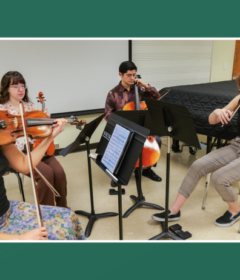Science Café Explores Geology of the Moon on Thursday, March 17
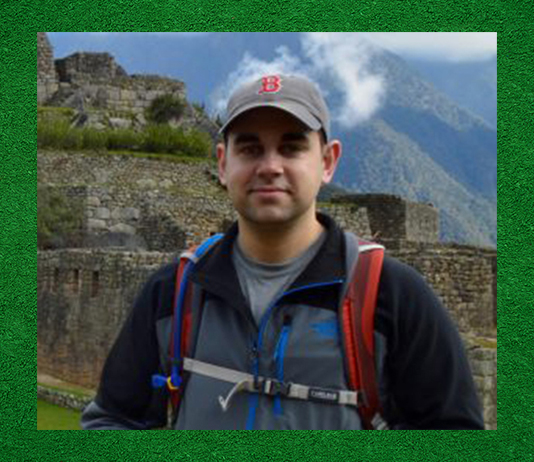
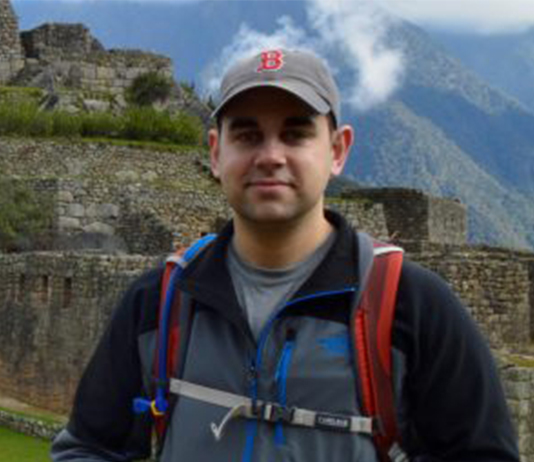
On Thursday, March 17, at 5 p.m., Stetson University’s Gillespie Museum hosts its second conversation in the spring 2022 Science Café/Armchair Geology series, “Roadside Geology of Earth’s Moon,” with geochemist and planetary scientist Stephen Elardo, PhD.
Elardo is an assistant professor and NASA Early Career Fellow in the Department of Geological Sciences at the University of Florida in Gainesville and leads research at the Florida Planets Lab.
Cultural Credit will be available.
In his talk, Elardo will discuss the major features of lunar geology: What kinds of rocks do we find and how did they form? What’s in the Moon’s interior and how do we study it? What kinds of features do we see on the lunar surface? Elardo’s hope with this lecture is that the next time you go out and look at the Moon, you’ll have a much stronger appreciation for what a rich and complex world it is.
As a petrologist, geochemist and planetary scientist, Elardo uses a variety of experimental and analytical techniques and sample types to answer large-scale questions about the origin and evolution of the terrestrial planets. He leads research at the Florida Planets Lab, which focuses on the processes by which planets formed and then separated into a core, mantle and crust, to gain a more complete picture of planetary evolution.
 In 2014, Elardo earned his PhD, with distinction, from the Institute of Meteoritics at the University of New Mexico and then moved to the Geophysical Laboratory, part of the Carnegie Institution for Science, for a post-doc before joining the faculty at the University of Florida.
In 2014, Elardo earned his PhD, with distinction, from the Institute of Meteoritics at the University of New Mexico and then moved to the Geophysical Laboratory, part of the Carnegie Institution for Science, for a post-doc before joining the faculty at the University of Florida.
“I’ve been studying the Moon professionally for almost 15 years, and the more I learn about it, the less I feel sure I really understand it,” Elardo explained. “But hopefully I can give you a window into what we do know about the Moon!”
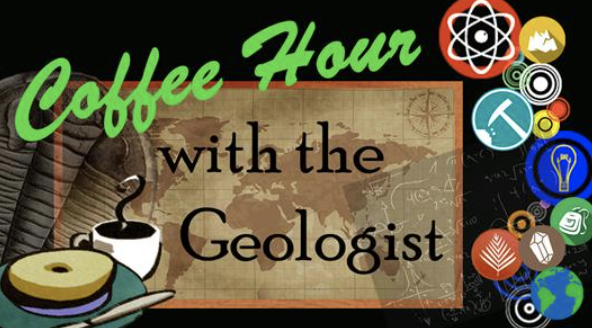
This spring’s Science Café series, with its focus on Armchair Geology, is co-sponsored by Stetson’s Department of Environmental Science and Studies. Geologist Ben Tanner, PhD, associate professor and chair, commented that, “Dr. Elardo’s visit provides our students with a wonderful opportunity to see how techniques in geology can be applied to study other bodies in our solar system. Added to that, Earth’s moon has a fascinating and mysterious geologic story that should be of interest to many across the Stetson community. I’m very much looking forward to this event!”
Elardo’s visit to campus is also supported by Stetson’s Department of Physics and a National Science Foundation STEM scholarship grant. Kevin Riggs, PhD, professor of physics and chair, commented that “Many of our physics majors enjoy taking our introductory-level course in planetary astronomy where they learn about the astrophysics and geology of planets and moons in our solar system. Dr. Elardo’s presentation on the geology of the Earth’s moon should also be of great interest to our majors and we are, therefore, pleased to co-sponsor this event.”
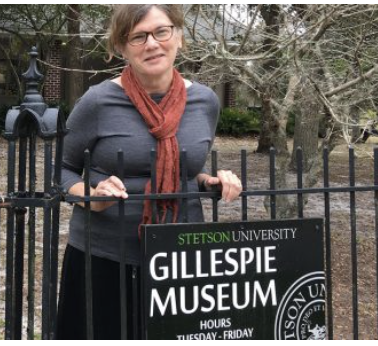
The Gillespie has hosted Science Café events for the last 10 years to promote science literacy. For those who wish to join in person, the Science Café will offer coffee, tea and desserts served on the museum’s porch; masks will be required indoors during the presentation. Through a Zoom link, others may join as an armchair geologist.
The final café presentation this spring is “Mars Sample Return Mission” with organic geochemist and planetary scientist Amy Williams from the University of Florida on April 14. The events begin at 5 p.m. To register for any of the presentations, contact the museum at [email protected] or 386.822.7330 to reserve a seat or to receive the link to this presentation on Zoom.
If You Go:
Science Café / Armchair Geology: “A Roadside Geology of Earth’s Moon”
Thursday, March 17, at 5 p.m.
Gillespie Museum
Contact: Karen Cole, PhD, director, at [email protected] or 386.822.7330


